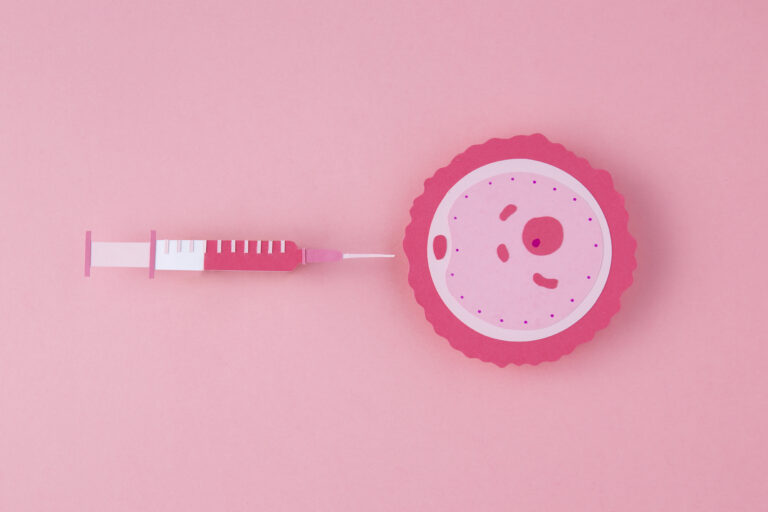Uterine fibroids are noncancerous growths of the uterus that can affect a woman’s ability to conceive, depending on their size, number, and location. Certain types of fibroids, especially those that distort the uterine cavity (submucosal fibroids), may interfere with blood supply and nutrient flow to the endometrium, thereby affecting implantation and pregnancy.
While some fibroids may not significantly impact fertility, others can pose challenges. The main ways fibroids may affect conception include:
1. Reduced implantation potential
Fibroids that distort the uterine cavity can decrease the ability of the embryo to successfully implant, even when they are relatively small.
2. Hormonal influence
Some fibroids may alter the local hormonal environment of the uterus, affecting fertility. Research suggests that fibroids can influence the balance of reproductive hormones, potentially reducing the likelihood of pregnancy.
3. Uterine contractility
Normal uterine contractility gentle wave-like movements of the uterus helps facilitate embryo implantation and early pregnancy development. Fibroids can disrupt this process, making it more difficult for the uterus to support a pregnancy.
For these reasons, fibroids should not be dismissed as harmless in women who are experiencing infertility or recurrent pregnancy loss. A thorough evaluation is recommended to determine whether fibroids may be contributing to fertility challenges and to guide appropriate management.









